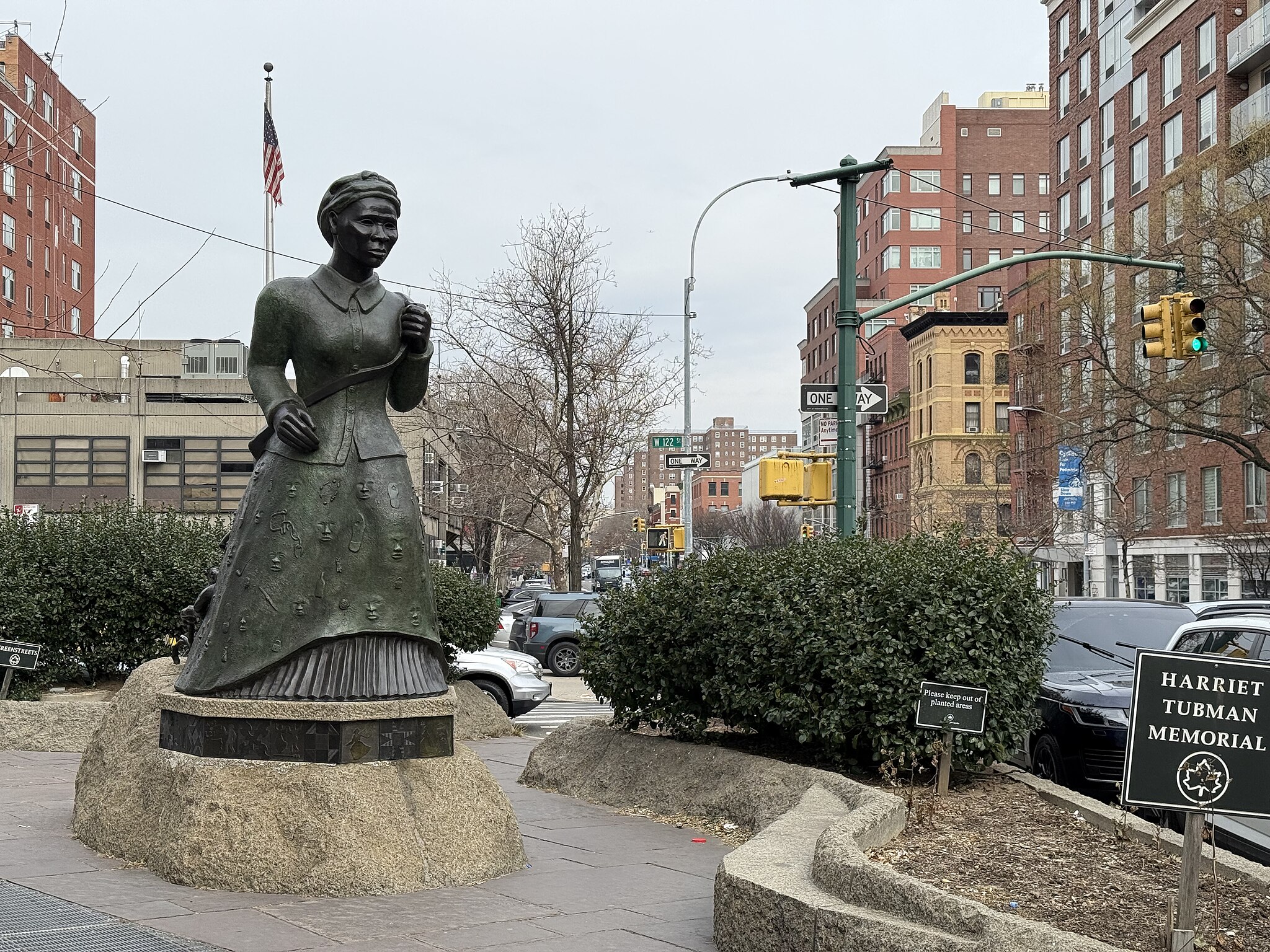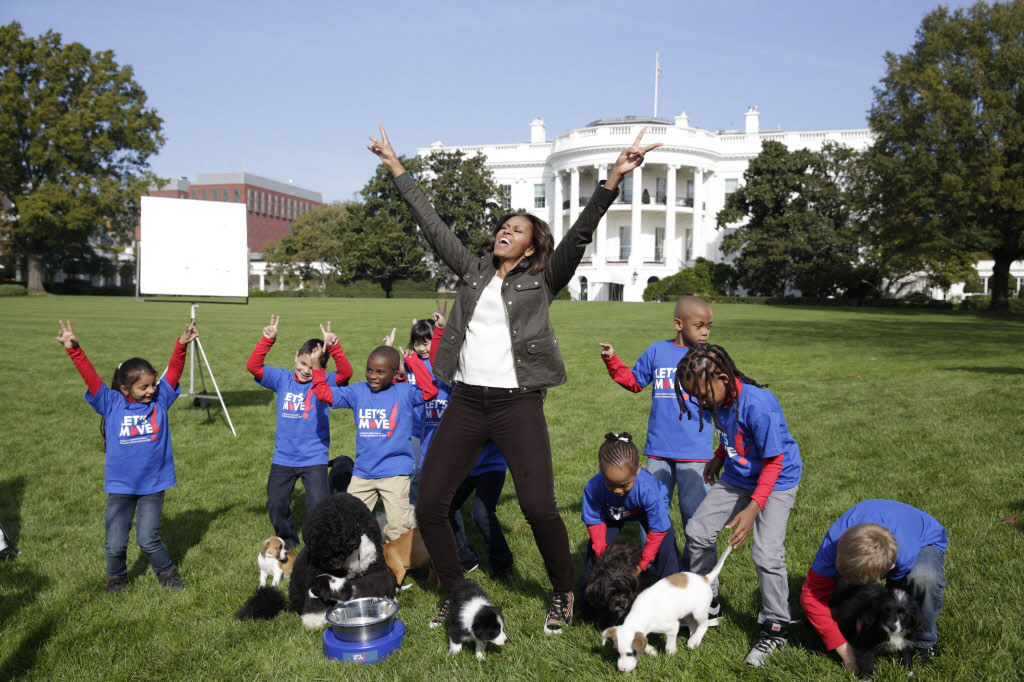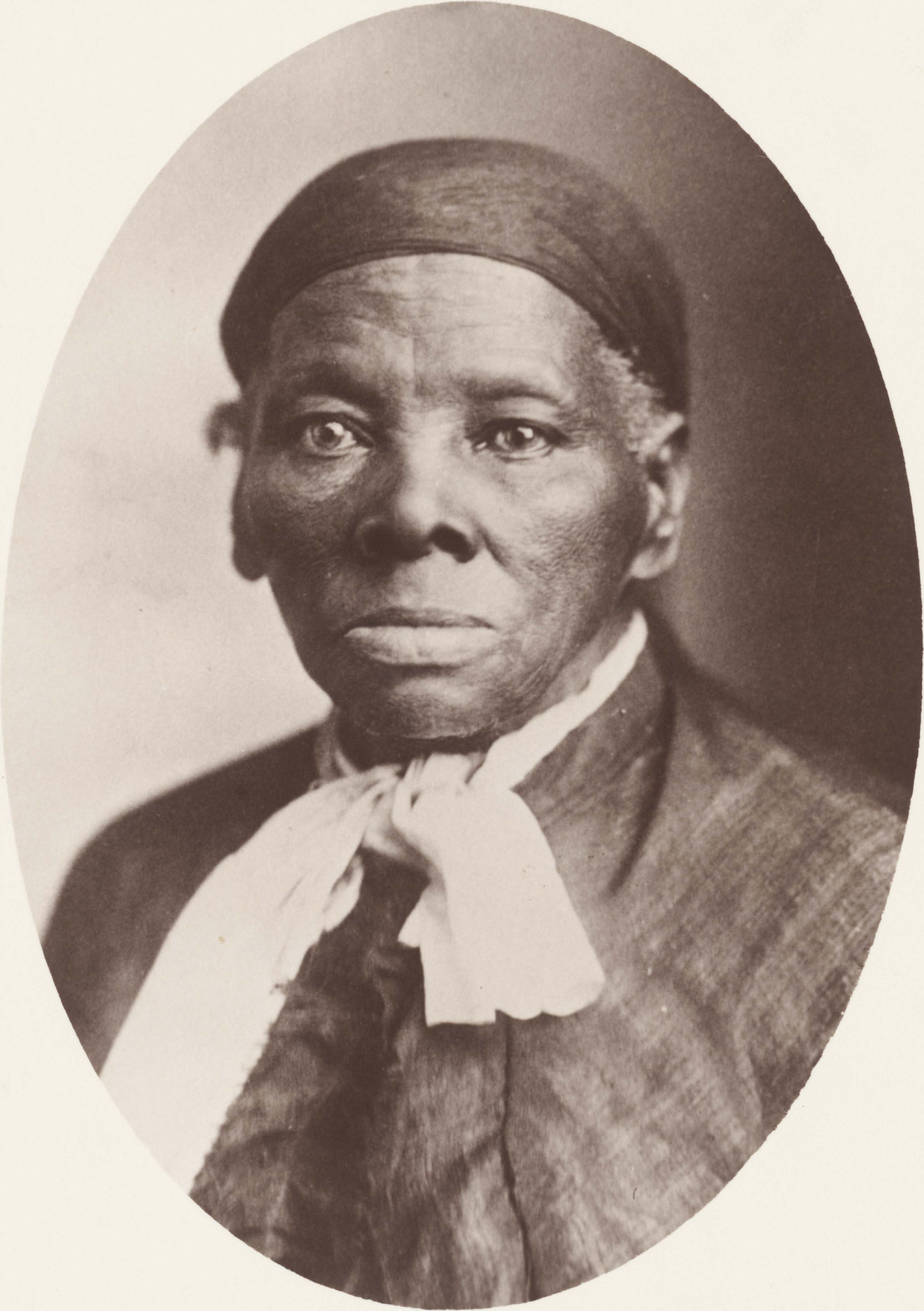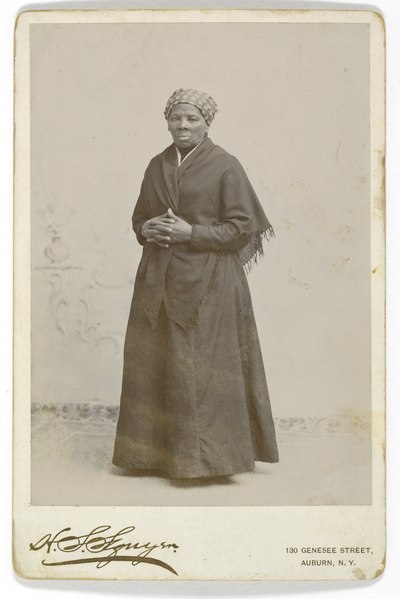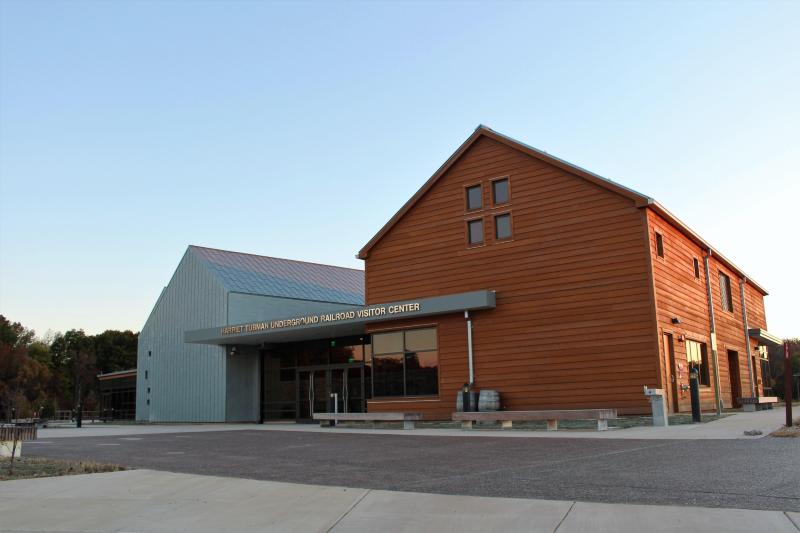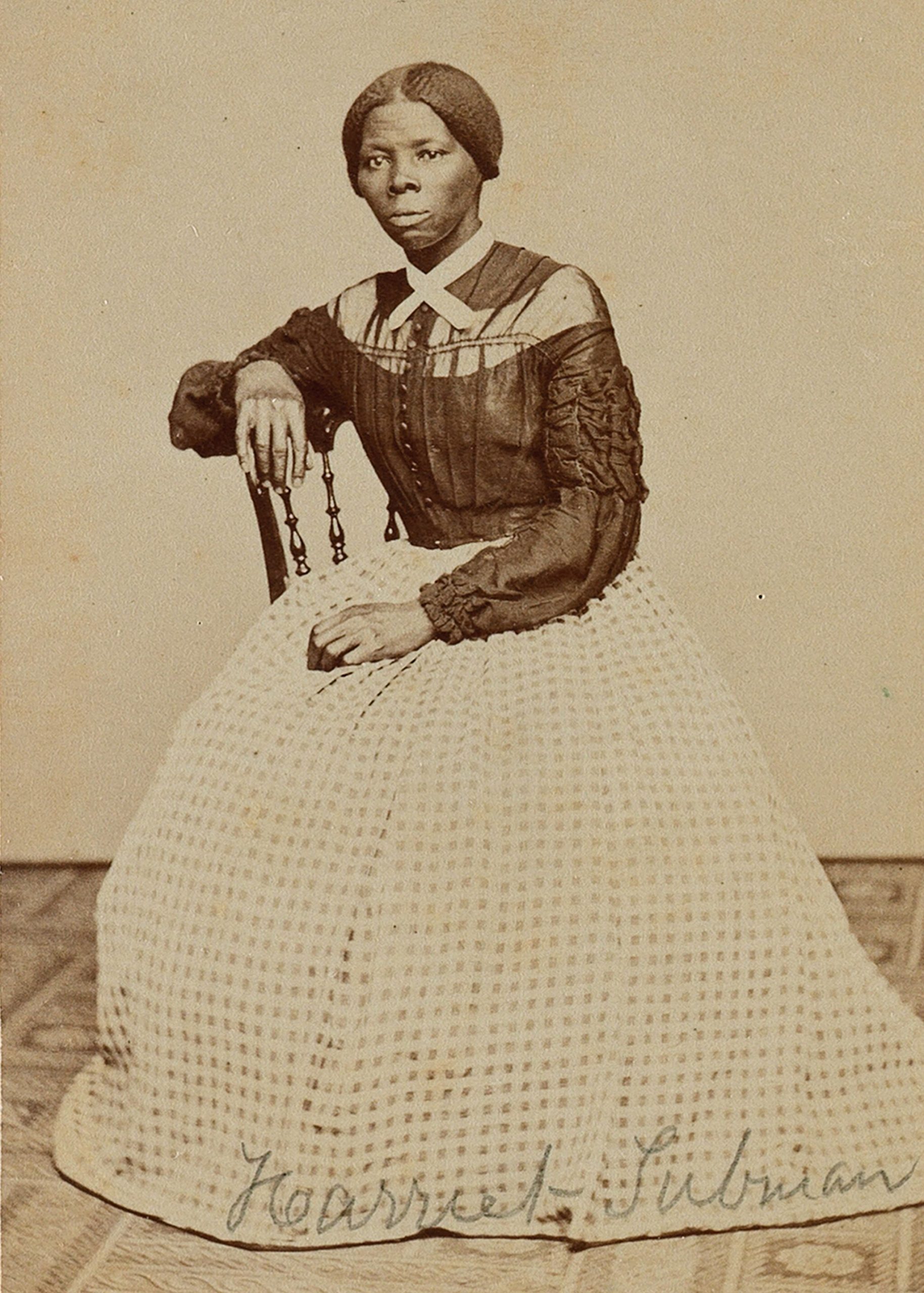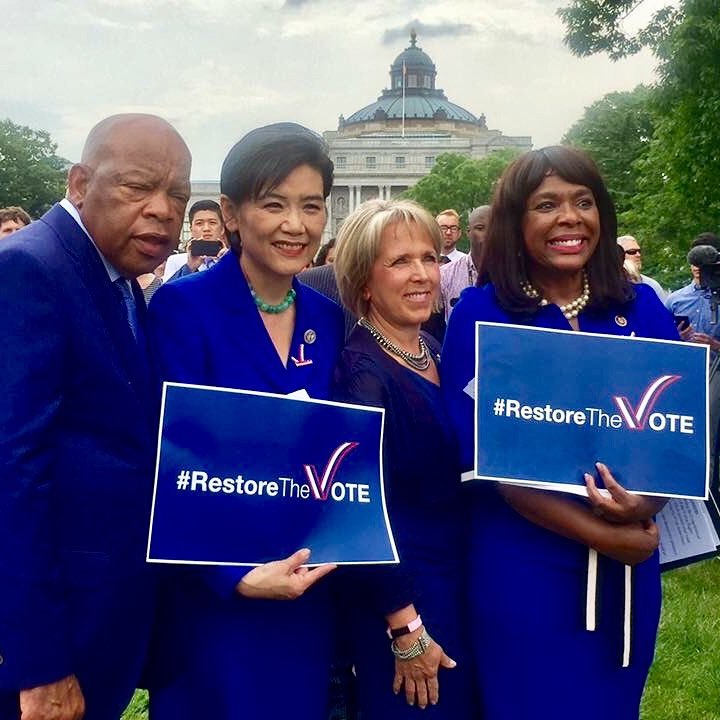
🌱 Lewis believed young people are the heartbeat of change.
Planting Seeds of Courage
John Lewis never saw the Civil Rights Movement as belonging to a single generation — he saw it as a relay, with every young person carrying the baton forward. From his earliest days as a student leader of the Student Nonviolent Coordinating Committee (SNCC), Lewis believed deeply in the power of youth to create lasting change. He often said that young people were “the engine of every movement for justice,” reminding them that their courage and creativity could move history itself.
A Mentor to the Next Generation of Leaders
Throughout his three decades in Congress, Lewis made it a priority to mentor and guide young activists, organizers, and students who came to his office seeking wisdom. He welcomed them with humility and patience, sharing lessons from Selma, Montgomery, and beyond. Countless young leaders — from grassroots organizers to members of Congress — have credited Lewis with shaping their commitment to justice. He led by example, teaching that integrity, compassion, and persistence were the true tools of leadership.
Inspiring Action Through Education and Example
Lewis regularly spoke at schools, colleges, and youth conferences, urging students to learn their history and then go make their own. He believed that education was not only about books, but about conscience — about understanding one’s responsibility to act when faced with injustice. His message was always the same: “You are never too young to make a difference.” Whether addressing a crowd of thousands or a small classroom, he had a way of making each listener feel personally called to action.
Youth Movements as the Heart of “Good Trouble”
When he saw movements like March for Our Lives, Black Lives Matter, and Sunrise Movement rise to national attention, Lewis often said he saw “himself in them.” He reminded young activists that protest, organizing, and voting were sacred tools of democracy — the same ones that changed America in the 1960s. Even in his later years, he marched alongside young people, seeing in their determination the same fire that had driven him across the Edmund Pettus Bridge decades earlier.
A Living Legacy of Hope
More than his legislation or speeches, Lewis’s mentorship may be his greatest legacy. He taught that leadership is service, that courage is contagious, and that one voice — no matter how young — can still echo across generations. His call to “make good trouble, necessary trouble” continues to resonate in classrooms, protests, and hearts around the world, a reminder that each generation holds the power — and the responsibility — to keep the dream alive.
💡 Fun Fact: Co-wrote the March graphic novels for youth activism.

